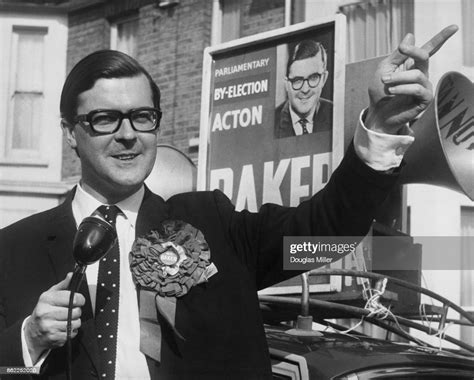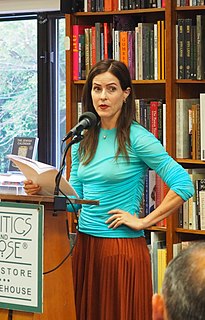A Quote by Kenneth Baker
Privatization came on slowly. When something very big happens, like privatization, historians and economists like to think you must have had very big causes. That is not how it happened.
Related Quotes
It [Hancock] happens to be a big budget film and big star like Will Smith, but it actually has a lot of weight to it. But it was very smart and very intelligent and had this kind of historical element to it that I was fascinated by. It's not silly. It's not stupid. It's fun, but I think it's smart. I think Akiva [Goldsman] writes really interesting material and there you have it.
Another point is that ultimately, as far as the budget is concerned, of major importance is who offers more money during the bidding that must be organized as a part of the privatization process. In this sense, we cannot discriminate against any market participants, not one of them, but this is not relevant at the moment, as the Government has decided to postpone the privatization of Bashneft.
First of all, the Social Security money belongs to Main Street, not to Wall Street. It needs to be said very clearly here that privatization is off the table... Social Security, as a matter of fact, is a better investment now than the stock market. There's a higher return. There's guaranteed cost-of-living increases. Privatization you have to worry about the value of your account.
People think that alien spaceships would be solid and made of metal and have lights all over them and move slowly through the sky because that is how we would build a spaceship if we were able to build one that big. But aliens, if they exist, would probably be very different from us. They might look like big slugs, or be flat like reflections. Or they might be bigger than planets. Or they might not have bodies at all. They might just be information, like in a computer. And their spaceships might look like clouds, or be made up of unconnected objects like dust or leaves.
I think what happened with 9/11 is that people sort of felt that it came from nowhere. Whereas I think now we understand the roots are very deep. I say it's like revolutionary Communism, something that is going to have to be knocked out over a very long period of time. This strain of extremism continues to be very strong, whether it's in Afghanistan, or Somalia or Yemen, or any of these places.


































